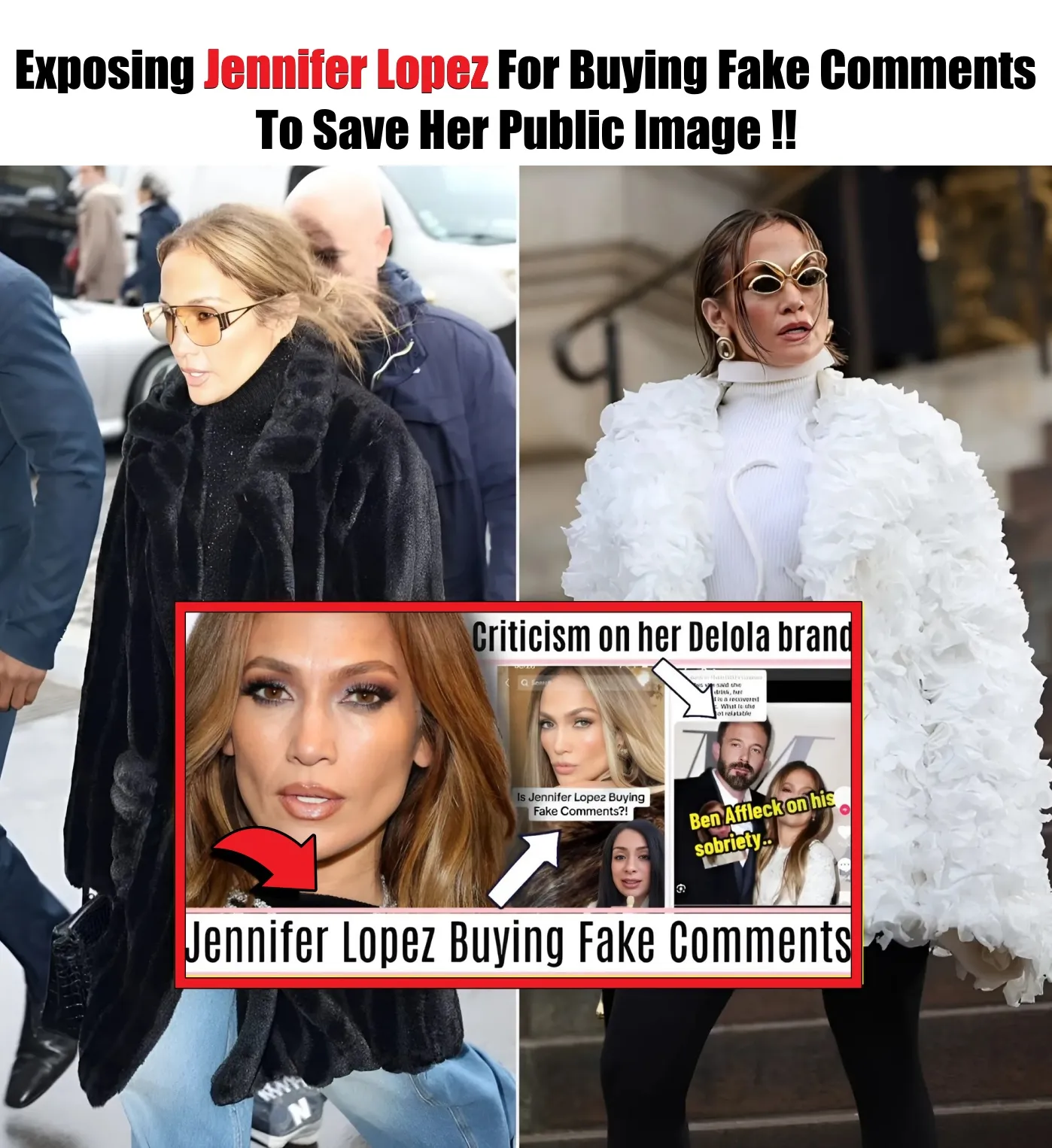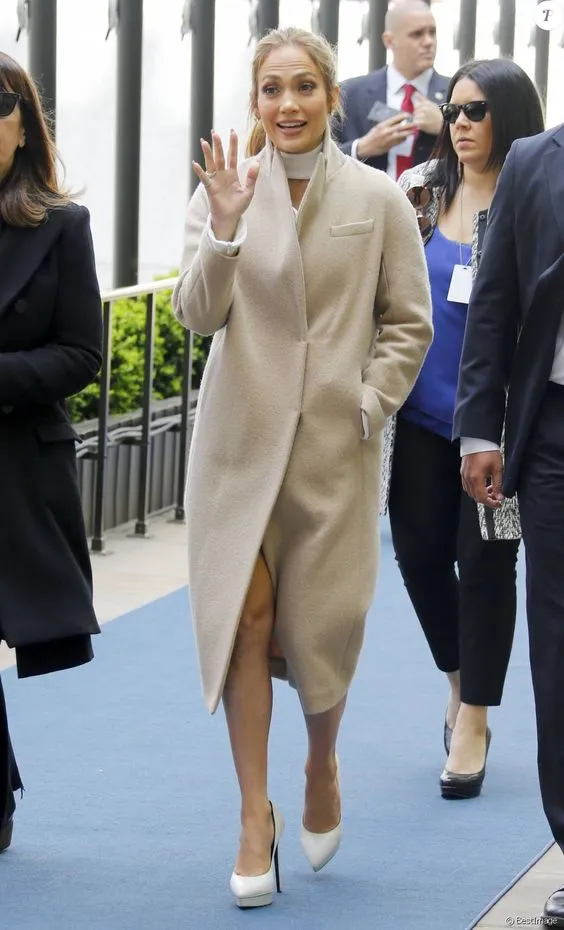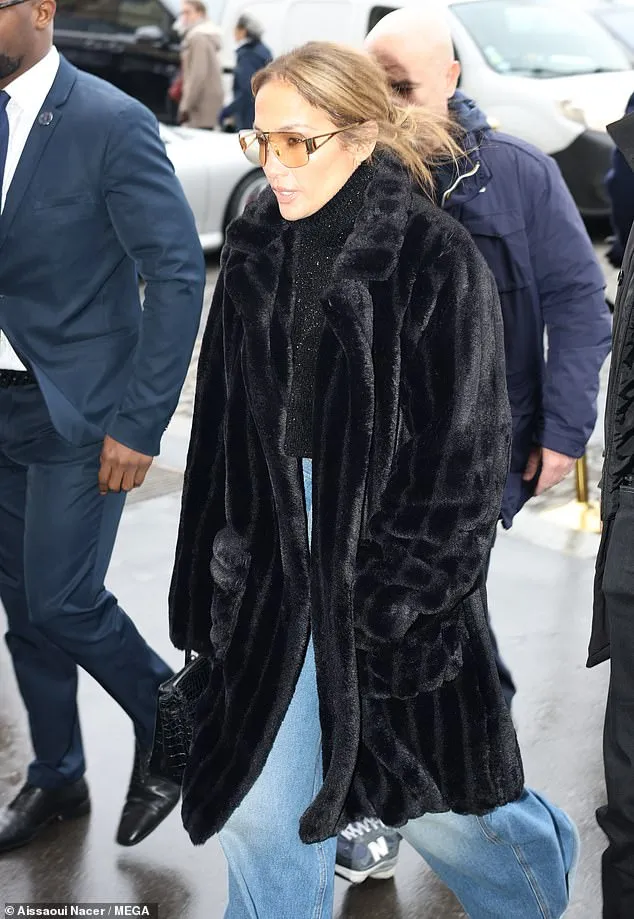Recent allegations have surfaced, accusing superstar Jennifer Lopez of purchasing fake comments on social media to enhance her public image. These claims have sparked a wave of controversy and debate among fans and critics alike, as they question the authenticity of celebrity-managed social media interactions.

The rumors began circulating after an investigative report claimed that there had been an unusual spike in positive comments on Lopez’s social media profiles during periods of public scrutiny or negative press. The report suggested that these comments could be part of a coordinated effort to bolster her image by drowning out negative sentiments.

According to the report, digital forensic experts analyzed patterns of likes and comments on Lopez’s accounts and found anomalies that indicated the possible use of bot accounts or paid commenters. These accounts frequently posted overly positive or defensive comments in response to criticism, using similar language and posting times, which raised suspicions about their authenticity.

The entertainment industry has seen its fair share of public relations strategies designed to maintain or salvage the reputations of celebrities. However, the use of fake comments or bots is a controversial tactic, as it raises ethical questions about authenticity and deception in digital interactions.

Jennifer Lopez’s team has not yet responded to the allegations, leaving the public to speculate about the truth behind these claims. Fans of Lopez are divided, with some expressing disappointment if the allegations prove true, while others remain supportive, suggesting that the star is often unfairly targeted by the media.

As the story unfolds, it underscores the challenges celebrities face in managing their public personas in the age of social media. It also highlights the broader issues of trust and authenticity online, prompting discussions about the impact of digital manipulation on public opinion and celebrity culture.